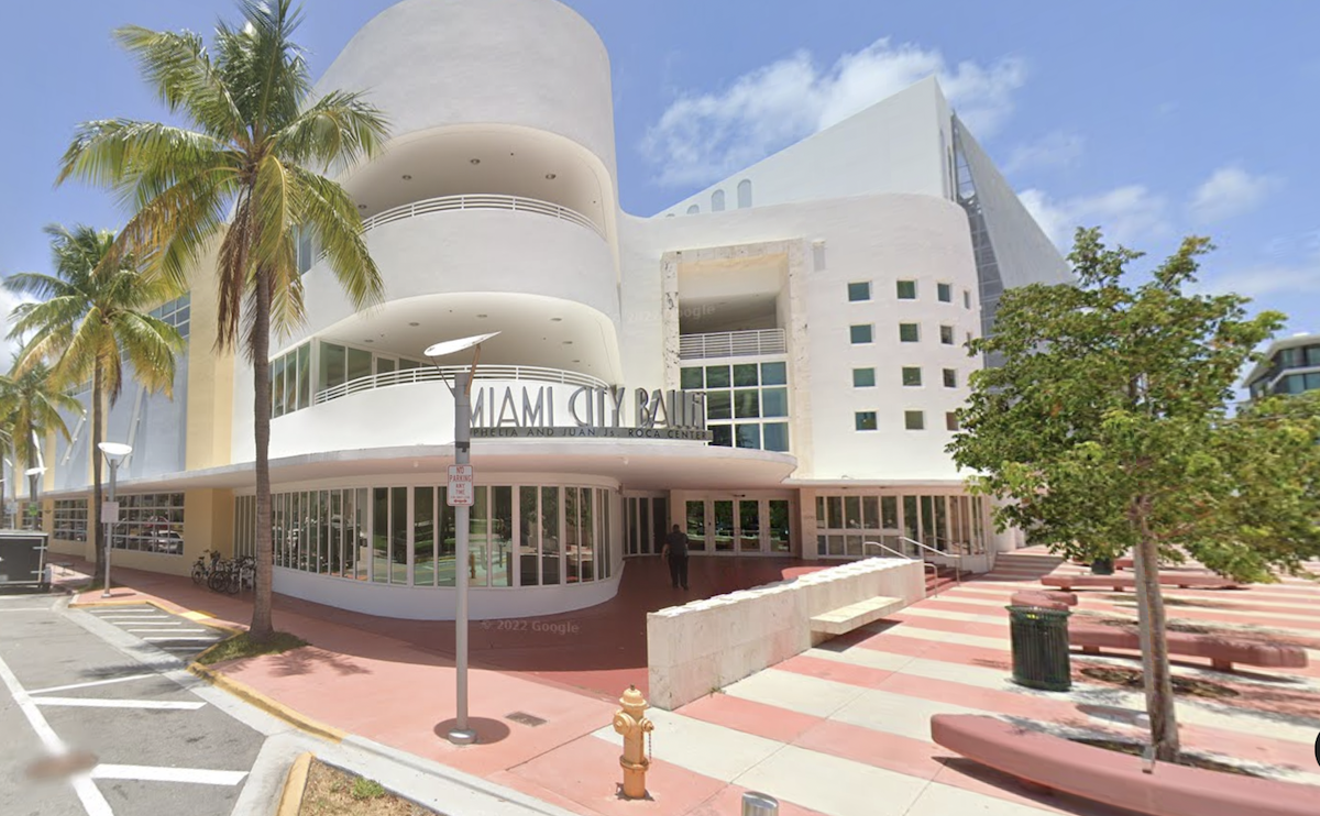In return, the county has received no extra funding or benefits from the Trump administration, as the Miami Herald laid out in a series of recent articles. Instead, Gimenez has been attacked in court: In July 2017, the American Civil Liberties Union sued him and Miami-Dade on behalf of a U.S. citizen mistakenly held overnight in a county jail on a false ICE detainer. That suit remains open.
And now, a group of immigrant-rights activists has hit the county with a class-action lawsuit, after multiple people were kept in jail on ICE detainers after forking over bond money. The groups — the Florida Immigrant Coalition and WeCount! — held a 2 p.m. news conference today to announce the suit, which the Miami Herald first reported earlier today.
“Miami-Dade County has taken it upon themselves to hand over immigrants with ICE detainers, including many first-time offenders," the Florida Immigrant Coalition's executive director, Maria Rodriguez, said in today's release. "These people are being held for longer, are often unable to post
In the new suit, the immigrant groups argue that ICE detainers constitute unconstitutional, new "arrests" separate from the charges that send people to the jail in the first place. Courts across the nation have largely supported this idea. The suit says 882 people in 2017 and 219 as of this past February 2 have been held in Miami-Dade jails on ICE detainers, but ICE has not arrested all 1,101 detained individuals.
The two plaintiffs in the suit are referred to only by their initials, C.F.C. and S.C.C. According to the legal complaint, S.C.C. owned a landscaping business that employed more than a dozen people — until he was arrested last month, S.C.C. had obtained both commercial and standard driver's licenses, but on June 6, the suit says, Miami-Dade Police arrested him
S.C.C. paid the bail July 20. But Miami-Dade didn't let him out of jail — he remains in custody on an ICE detainer.
C.F.C., meanwhile, is an immigrant who runs a small local farm that supplies Homestead bodegas with vegetables. The suit says she has eight children: Three of them — aged 11, 7, and 5 — are American citizens.
On May 12, 2018, she was shopping at a Homestead BJ's with her pregnant daughter and 5-year-old son when she got into a fender-bender. She says the drivers in the other car immediately screamed, "Go back to Mexico!" before someone called the cops. Homestead Police arrested C.F.C. for driving without a license.
C.F.C.'s family paid her bond that day, and she says Miami-Dade jail officials told her she'd be released at 4 p.m. that day. Instead, C.F.C. was held on an immigration detainer, placed in ICE custody, and now awaits deportation in the Broward Transitional Center, a privately run, for-profit detention facility in Pompano Beach designed to hold "low-level," noncriminal ICE detainees. (New Times earlier this year profiled Mary Caceres, a mom shipped to the Broward Transitional Center from Jacksonville despite holding a valid work visa, and just today wrote about "Maria," a 24-year-old mother sent to the facility because she tried to pay a $150 traffic fine. Much like S.C.C. and C.F.C., Maria paid $750 bail in Martin County but was placed in ICE custody anyway.)
Gimenez's 2017 anti-sanctuary-city order sparked a wave of protests across Miami-Dade last year, including a weeklong hunger strike outside county hall. The Miami Herald has previously reported that, since reversing the county's ICE-detention policy, the county turned over 437 immigrants to ICE in 2017 — more than one ICE arrest per day. Attorney General Jeff Sessions traveled to Miami August 16 to praise Gimenez. Immigrant-rights activists note the added detentions cost taxpayers an extra $12.5 million in 2017.Alana Greer from @cjpmiami speaks on our lawsuit against Miami-Dade for unlawfully holding immigrants in local county jail for ICE. Miami-Dade Commissioners need to step up and reverse this policy that has wasted millions of tax dollars in destroying immigrant families. pic.twitter.com/gz0JdgVzip
— Tomas Kennedy (@tomaskenn) July 23, 2018
The new lawsuit says the two detained immigrants were Immigrant Coalition and WeCount! members, and the groups say in the suit they were forced to expend time and resources counseling members on how to avoid ICE detention.
“Miami-Dade County is allowing itself to be used as a dragnet for Trump’s deportation force," WeCount!'s executive director, Jonathan Fried, said today in a media release. "People arrested on local charges — often by police officers who know that an arrest may result in deportation — are unconstitutionally held for ICE. By complying with ICE detainer requests, Miami-Dade County is complicit in separating families.”












